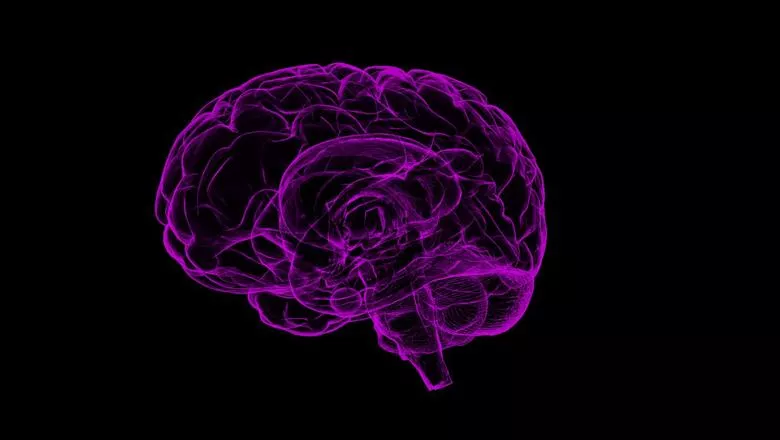This is a really exciting finding because it could mean that there are different mechanisms at play in the development of Alzheimer’s, depending on whether a person has diabetes or not, but in both scenarios, mitochondria are implicated
Lead author Dr Afshan Malik, Department of Diabetes, School of Life Course Sciences at King’s College London.
06 August 2019
Link between diabetes and Alzheimer's could lie in energy production of the brain
New evidence suggests loss of energy supply to neurones is important in Alzheimer’s disease.

Research published today in Scientific Reports has found that the energy-producing centres of cells in the brain, mitochondria, are implicated in those people that have diabetes and in those with Alzheimer’s.
Although both diabetes and Alzheimer’s are associated with ageing, recent research has found that having diabetes doubles a person’s risk of getting Alzheimer’s.
The team from King’s College London looked at regions of the human brain, using post-mortem tissue from brain biobanks from 76 individuals. They found evidence that the mitochondria are affected in the brains of people with dementia, suggesting that energy production is compromised. The brain requires a lot of energy (>20% of the body’s energy at rest despite weighing <2% of the body’s weight). Mitochondria contain a small amount of DNA called ‘mitochondrial DNA’.
The authors developed a special method to accurately measure how much mitochondrial DNA is in the three regions of the brain. They found that people with Alzheimer’s disease had less than 50% mitochondrial DNA in certain parts of the brain compared to non-affected brain tissue.
In a surprising result, the authors found that brains from Alzheimer’s disease patients who had diabetes showed a different pattern to brains from Alzheimer’s disease patients who did not have diabetes, and this is being further investigated.
Diabetes currently affects over 400 million people worldwide and this number is expected to rise in the next decade. Although the reasons for the diabetes epidemic are not fully understood, it is believed that lifestyle choices including unhealthy eating habits play a part. Alzheimer’s affects more than 40 million people worldwide and is predicted to rise to 130 million in the next 30 years.
“This data could lead to new ways to prevent Alzheimer’s disease by developing methods to protect, and prevent damage to, brain mitochondria.”
Dr Afshan Malik
Read the full paper here.

